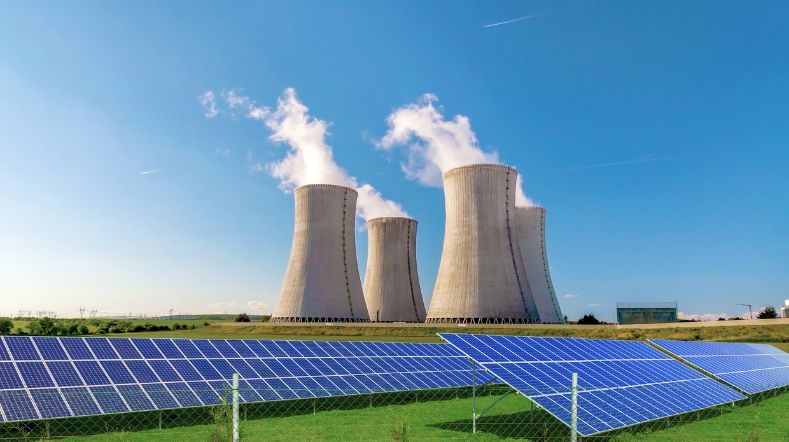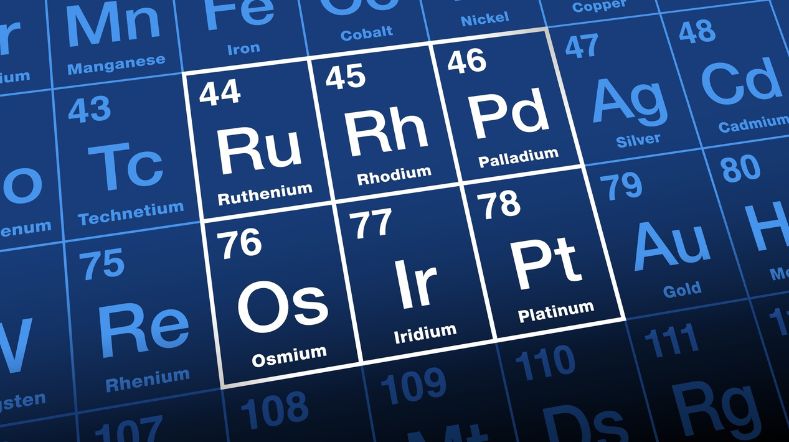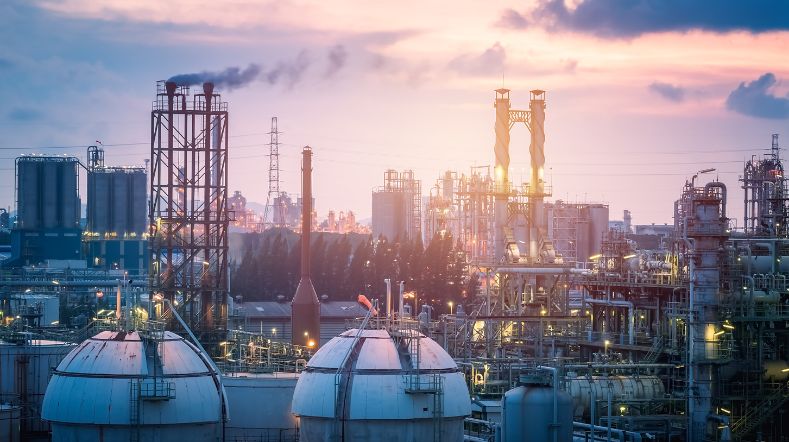Energy transition studies
In the Paris Climate Accords of 2015, it was agreed that temperatures should not be allowed to rise by more than 2 degrees due to greenhouse gas emissions. This sharp reduction in CO2 emissions requires a transition to a virtually carbon-neutral energy system by 2050. The Energy Transition Studies expertise group supports the energy transition with new knowledge and insights.
Agreements to reduce emissions
European countries have agreed to a 40% cut in greenhouse gas emissions by 2030. The Dutch government is more ambitious and is calling on Member States to achieve a 55% reduction. The Netherlands is aiming for a reduction in carbon emissions of 49% by 2030 and 95% by 2050. These targets are laid down in the Dutch Climate Act.
Vision of the energy transition
We have to achieve a low-carbon energy system in order to make significant reductions in greenhouse gas emissions. Over the next 30 years, the energy system will move from fossil to renewable energy. New sustainable technology will be applied on a large scale to achieve this. It will also involve societal and institutional innovations, and new earning models. Public authorities, companies, and civil society organisations need a vision – a qualitative and quantitative vision of the intermediate and final goals, with corresponding transition paths.
Supporting with knowledge
Energy Transition Studies develops non-technological knowledge, methods, and tools, in the techno-economic, socio-economic, and social science fields. The expertise group supports public authorities, companies, and organisations put in place innovations that ensure implementation of the energy transition.
Our knowledge about the energy transition
We acquire knowledge about the energy transition through scientific methods and facts. Energy Transition Studies conducts analyses that:
- explain
- identify obstacles
- put themes that are important for the energy transition on the agenda.
You can apply the knowledge you’ve gained to a variety of issues relating to the energy transition. For example, the choice of technology, making energy use more sustainable in various sectors, and energy transition at different scales. Knowledge-building involves collaboration with universities and other knowledge organisations. And with various TNO units and expertise groups.
Types of knowledge
The types of knowledge we have in-house about the energy transition:
- quantitative and technological knowledge of energy systems, as well as how, as a result of technological and social innovations, these types of knowledge can develop into sustainable energy systems, at various levels of scale and timescales.
- knowledge of socio-economic issues related to the energy system and the energy transition, and interactions between energy and climate, the environment, the economy, employment, etc.
- knowledge of the mechanisms of autonomous developments and developments driven by policy measures, and their effects on the energy system and energy transition. Including barriers that may arise in this context.
- knowledge about societal aspects of the energy transition. Examples are insight into public perceptions of energy technologies, methods to increase societal involvement in the energy transition, insight into decision-making processes of companies and consumers, and insight into the impact of the energy transition on society.
- knowledge of methods to quantitatively monitor developments in the energy system.
Knowledge application
The knowledge acquired supports public and private parties that are implementing the energy transition. Practical tools and methods are developed, and a contribution is made to capacity building. This involves collaboration with private knowledge providers. Activities in this domain contribute to feedback from the professional field to research.
Models for analysis
We develop and use quantitative methods and models to support the analyses. For example, Energy Transition Studies has at its disposal integrated energy models on different geographical scales (the world, Europe, the Netherlands) and models for different sectors (industry, electricity, the built environment, transport).
Knowledge platform for the energy transition
We make new knowledge and insights about the energy transition accessible to professionals through knowledge transfer activities. Energy transition professionals include universities, consultants, ministries, municipal governments, industry associations, and NGOs. We aim to be a knowledge platform for the energy transition.
Get inspired
The energy system of the future


Nuclear energy in our future energy system


Everything about critical raw materials


Climate fund applications from the perspective of broad prosperity


Disruptive energy technologies for the future mapped out


